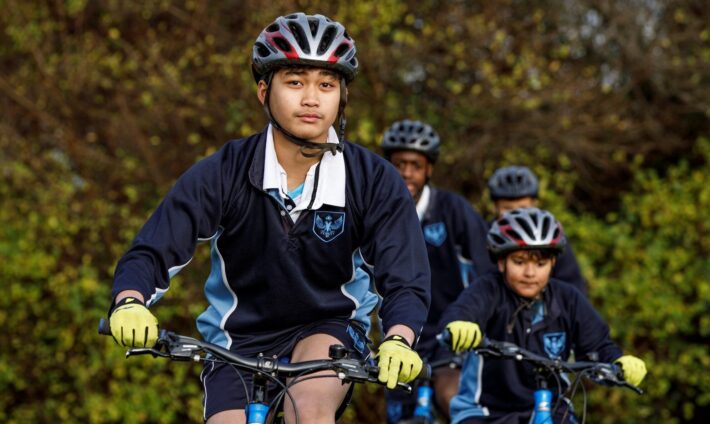Building respect
To put simply, bullying is defined as intentionally hurting another person on more than one occasion. Bullying involves a real of perceived imbalance of power. People who bully use their power, whether it is by using their physical strength, access to embarrassing information, or popularity, to control or harm others.
There are different forms of bullying but the prominent ones include physical, verbal, social, cyber bullying and prejudiced and identity based bullying.
Bullying can have a devastating effect on individuals. It can be a barrier to their learning and have serious consequences for their mental health. Bullying does not only affect an individual during childhood but can have a lasting effect on their lives well into adulthood.
Therefore, to build a community of students that feel they belong to a friendly and welcoming school, respect is taught, implemented and praised, extending not just to school grounds but outside of school too.
Furthermore, to protect the rights of all students and to ensure that they have a safe and secure learning environment, the Schools of King Edward VI will continuously work towards preventing acts of bullying, harassment, and other forms of aggression and violence as these behaviours are unacceptable and interfere with our schools’ ability to educate students and their ability to learn. If such a case arises, the staff at our schools will follow their Antibullying policy and procedures.
Continue reading to find out more

Anti bullying initiatives
See below a few of the initiatives across the Foundation that help to combat bullying:
- Consistency in reinforcing the schools code of behaviour;
- Staff modelling positive behaviour, promoting empathy and understanding;
- Monitoring student’s online behaviour on school devices;
- Encouraging the perpetrator to self-reflect following inappropriate behaviour;
- Effective staff training to manage, support and resolve problems that arise;
- Collaboration with external agencies to support and suggest additional strategies;
- Disciplinary sanctions if and when appropriate.
All students are encouraged to come forward if they’ve witnessed someone being bullied or been the victim of bullying, straight away. We call this being an upstander, not a bystander and is one of the core values of our schools.

FAQs
-
If you think your child may be a victim to bullying, watch out for changes in behaviour including but not limited to:
- Unwillingness to attend school;
- Becoming withdrawn/quieter than usual;
- Difficulty in sleeping;
- Unexplained cuts and bruises;
- Developed social anxiety;
If you would like a more detailed overview of signs to watch out for, click here
Actions NOT considered to be bullying:
- single episodes of social rejection or dislike;
- accidentally bumping into someone;
- making other students play things a certain way;
- a single act of telling a joke about someone;
- mutual arguments, disagreements or fights;
- isolated acts of harassment, aggressive behaviour, intimidation, or nastiness or spite: or
- expression of unpleasant thoughts or feelings regarding others.
-
It is difficult to know what to do if your child is being bullied online, but letting them know you’re there for them can be one of the best ways to support them. It can also help to do things you both enjoy together, like seeing a film or playing sports, to help take their mind off the situation.
Most social networks have reporting mechanisms in place to report contents which breaches their terms.
- Internet service providers (ISP) have contact email addresses for complaints about email and cyberbullying coming from their network and this will normally be [email protected] and [email protected] or whichever system the sender is using. When the network replies, do not reply to the email or delete it, but forward the whole thing to the sender’s ISP.
- Some service providers will not accept complaints lodged by a third party.
- Sending abuse by email or posting it into a web board can be harassment and if this has happened to your child then you need to make a complaint directly to the police.
If you and your child need additional advice, click here
-
If you feel your child is being bullied, it’s important you listen whilst they open up and reassure them that the situation will get resolved. For more advice on how to support your child, click here
Although bullying in itself is not a specific criminal offence in the UK, gov.uk sets out bullying incidents that should, where discovered, be reported to the police because they are illegal. These include:
- Violence or assault;
- Theft;
- Repeated harassment; intimidation; or communications, e.g. name calling, threats and abusive phone calls, emails or text messages under the Protection from Harassment Act 1997, the Malicious Communications Act 1988, the Communications Act 2003, and the Public Order Act 1986;
- Hate crimes.




